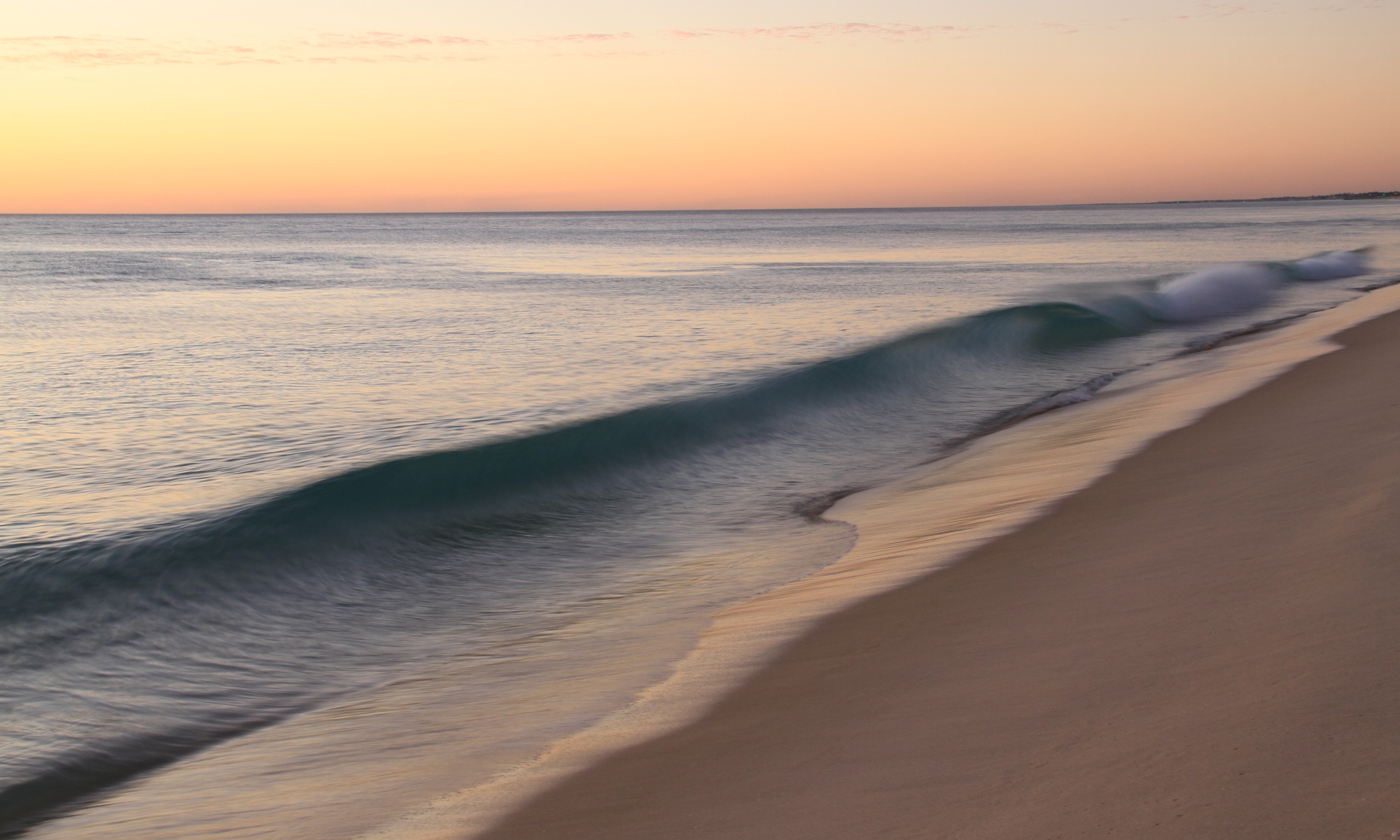from a series of posts by Colin on Best Slowly. Each posting is a walk, a sansaku, about 500 words long
9/16/16
I went on a mission last night. My friend picked me up just before sunset, and we drove up to the golf course in glorious fall weather. I was carrying some of the ashes of our good friend, Wendell.
The three of us often played golf together, and one time Wendell smiled after he made a long putt on the first hole. We asked about the smile, it was wicked, and he said, “This isn’t the first hole I’ve played today.”
He told us what he and his sexy wife had been up to that morning, and the first hole was never the same after that. I can still see the way he walked to the cup and bent down. He was pleased with himself.
There are some who would say he shouldn’t have done that, and there are some of us who loved him for it.
When we arrived at the course last evening, there was one lone golfer on the first tee and we had to wait. Wendell would’ve mocked him. The poor guy was pretending to be a pro, and after a ridiculously long pre-shot routine, almost missed the ball when he finally did swing. Had he a companion, it would’ve hit him.
Tom and I walked along the practice range, and I’ve rarely seen the golf course look as pretty. I was telling Wendell all about it.
We had to wait for our make-believe pro to putt out. Now he was playing two balls, and putted about as well as he drove. He had no idea we were watching him. It took him forever.
The green was sensuous and soft in the evening light. I pulled the flag stick and Tom got down on his knees and poured half of Wendell into the hole. Then it was my turn. I poured the other half and said, “Good-bye old buddy. I’ll never forget you.”
But there was trouble. We couldn’t get the flag back in; bones and ash had filled up the hole and the stick didn’t fit. I looked back toward the clubhouse and wondered if they could see us poking around down there.
They wouldn’t have liked what we were doing, and I started to laugh in my out of control way as I fingered the hole and tried to open it up. It’s tighter than you’d think. “Let me try,” Tom said. “My finger’s smaller.”
Wendell, as usual, got in the last laugh and we left the flag leaning at a provocative angle. The greens keeper was in for a surprise. Tom called it Wendell’s revenge.
Now there’s two reasons why the first hole at Hillcrest will never be the same.
